Plants have always held deep cultural, spiritual, and historical significance, serving as symbols of resilience, healing, and connection to ancestry. In Black culture, certain plants carry profound meaning, reflecting the experiences, traditions, and values passed down through generations. From their roles in spiritual practices and culinary traditions to their symbolic ties to history and survival, these plants have become living representations of heritage and pride. Here are six plants that hold special meaning in Black culture and the stories they carry within their leaves, roots, and blossoms.
1. Aloe Vera
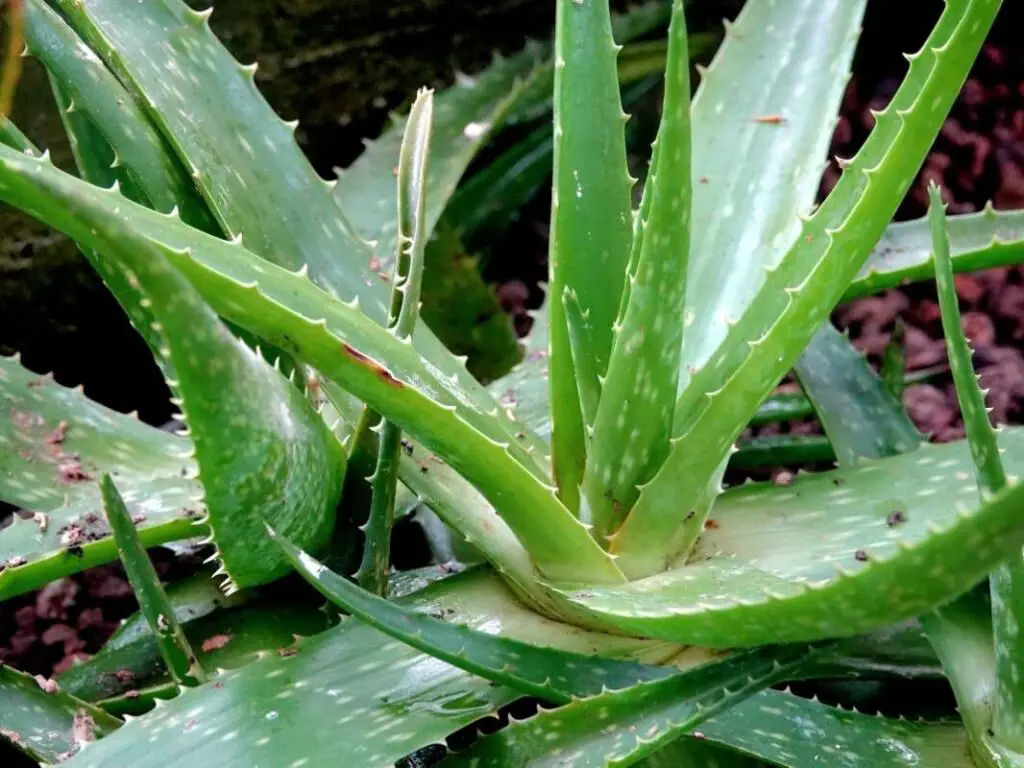
Aloe vera is a plant with deep roots in Black culture, symbolizing healing, resilience, and ancestral knowledge. Traditionally used for its medicinal properties, aloe vera has been a staple in many African and Caribbean households for generations. Its gel is widely known for soothing burns, cuts, and skin irritations, but its significance goes beyond its physical benefits. Aloe vera is also revered for its connection to natural wellness and self-care.
In the African diaspora, it is often grown in homes and gardens, serving as both a practical remedy and a spiritual symbol of protection and growth. Many families pass down recipes and remedies featuring aloe vera, making it a bridge between generations. Beyond its healing properties, the plant is seen as a reminder of resourcefulness and the ability to thrive in harsh conditions, much like the resilience of Black communities throughout history. Its prominence in Black hair care routines, as an ingredient in moisturizing treatments and conditioners, further underscores its cultural importance. Aloe vera continues to hold a cherished place in Black households as a versatile plant that represents both healing and heritage.
2. Sage
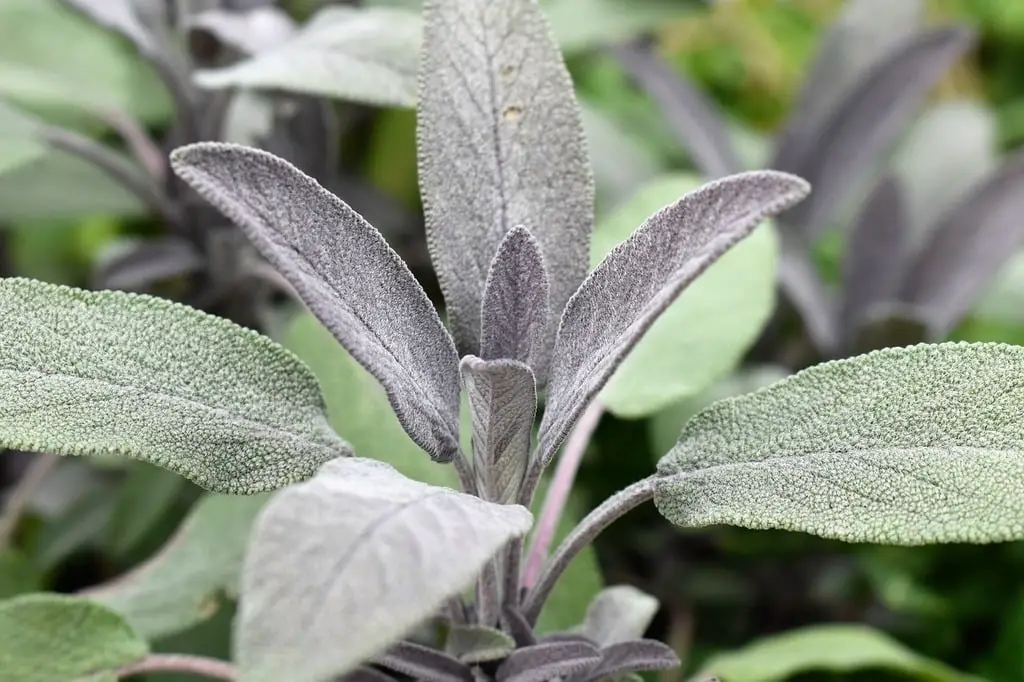
Sage holds a special place in Black culture as a spiritual tool for cleansing and protection. Traditionally used in smudging rituals, sage is burned to clear negative energy from a space, a practice rooted in African spirituality and adopted in many diasporic traditions. Sage is valued for its ability to promote mindfulness and create a calm, sacred environment.
In Black households, burning sage is often used to mark new beginnings, such as moving into a new home or starting a new chapter in life. The practice is also tied to ancestral veneration, as it is believed to help connect with and honor loved ones who have passed. For many in the African diaspora, sage represents a blend of traditional African spirituality and modern wellness practices. Beyond its spiritual uses, sage is also prized for its culinary and medicinal properties, symbolizing sustenance and healing. Its presence in Black culture serves as a reminder of the importance of maintaining balance, both physically and spiritually, in daily life.
3. Palm Plants

Palm plants are deeply symbolic in Black culture, representing peace, prosperity, and spiritual connection. Their association with liberation and triumph can be traced back to African traditions, where palm fronds were used in ceremonies and as symbols of victory. Palm plants also hold significance in Christianity, particularly during Palm Sunday, a tradition embraced by many Black churches.
In homes, palm plants are often seen as a decorative and spiritual element, bringing a sense of tranquility and vitality to indoor spaces. The resilience of palm plants, which thrive in diverse environments, mirrors the adaptability and strength of Black communities. They are also commonly used during celebrations such as weddings, funerals, and baptisms, symbolizing growth and continuity. Additionally, palm oil, derived from palm plants, plays a crucial role in African and Caribbean cuisine, further solidifying its cultural importance. The palm plant’s dual symbolism of spirituality and sustenance makes it a revered staple in Black households and traditions.
4. Okra
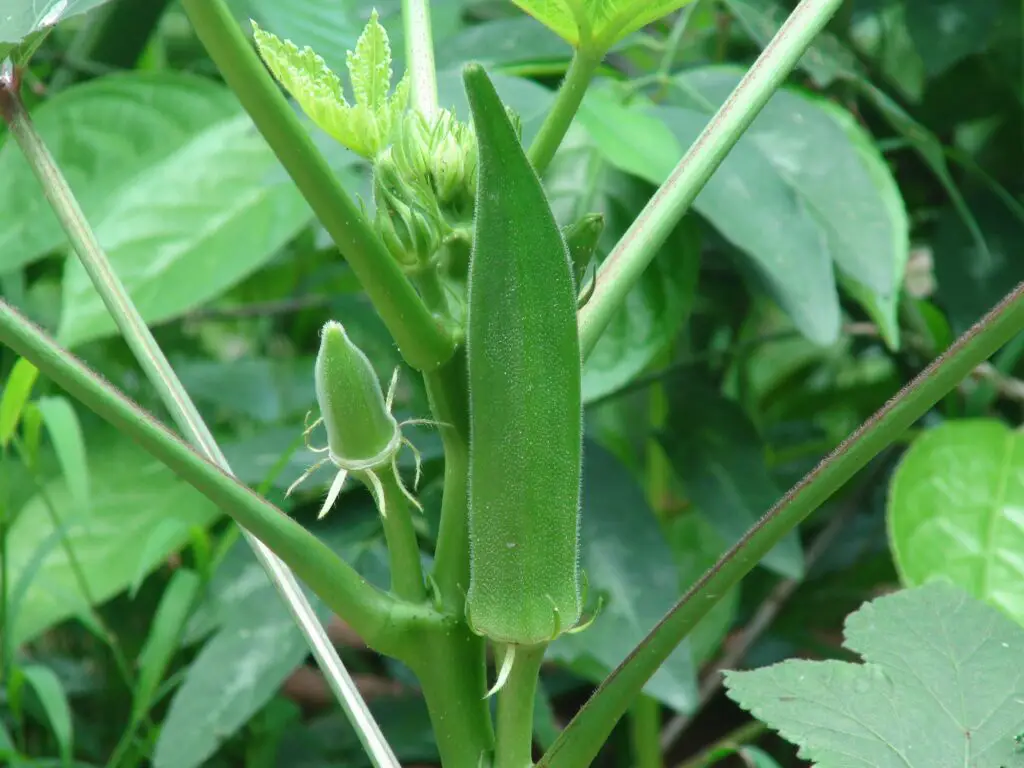
Okra, a plant with origins in Africa, holds a profound cultural and historical significance in Black communities. Often referred to as “lady’s finger,” okra was brought to the Americas during the transatlantic slave trade and has since become a staple in African American, Caribbean, and Southern cuisines. Okra flowers, in particular, symbolize resilience and survival, as the plant thrives even in challenging climates and conditions. Dishes like gumbo, which feature okra as a key ingredient, are a testament to the ingenuity of enslaved Africans who used the plant to create nourishing meals.
Beyond its culinary uses, okra is also valued for its medicinal properties, including its high vitamin content and benefits for digestion. In Black culture, growing okra in home gardens is seen as a way to connect with ancestral roots and preserve culinary traditions. The plant serves as a living reminder of the strength, resourcefulness, and creativity of African-descended peoples, making it a powerful symbol of cultural heritage and pride.
5. Cotton
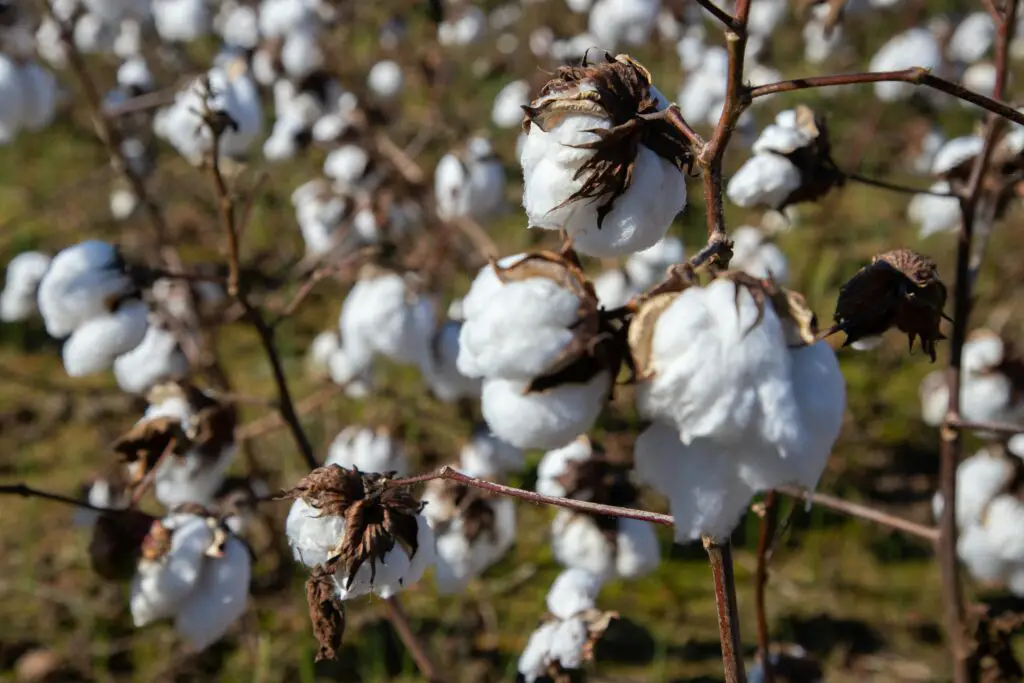
Cotton holds a complex and deeply emotional place in Black culture, symbolizing both historical trauma and resilience. As one of the most prominent crops tied to the transatlantic slave trade, cotton represents the forced labor and exploitation endured by enslaved Africans in America. According to The National Museum of African American History and Culture, cotton also serves as a reminder of the immense contributions of Black people to the global economy and agricultural innovation.
Despite its painful associations, cotton has also been reclaimed as a symbol of survival and creativity within Black culture. The plant’s fibers have been used to create quilts, garments, and other handmade items that carry stories of resistance and community. In modern times, cotton fields are sometimes visited as sites of reflection and healing for descendants of enslaved people. Cotton continues to evoke a sense of remembrance and acknowledgment of the past while also inspiring strength and progress for the future.
6. Collard Greens
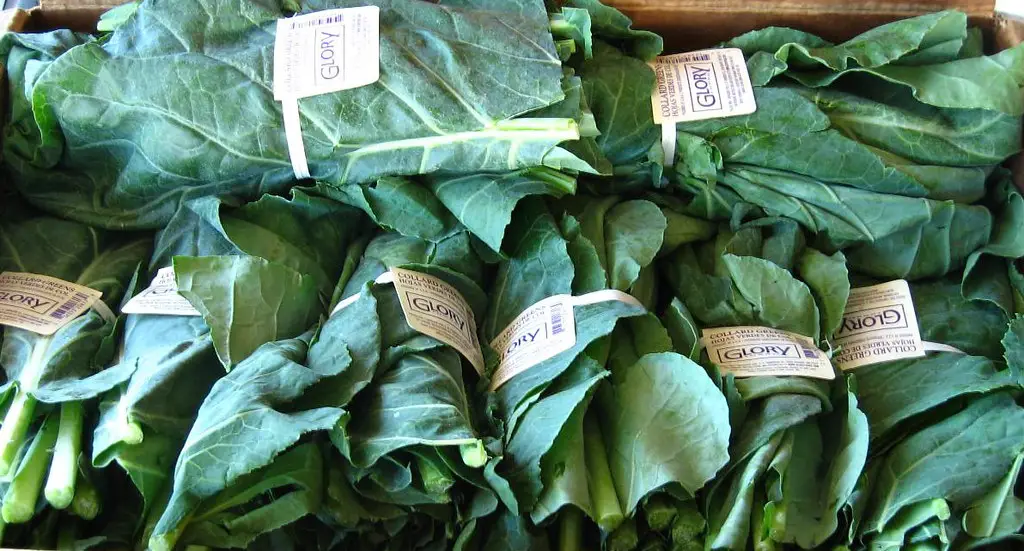
Collard greens are more than just a popular dish in Black households—they are a symbol of nourishment, community, and cultural pride. Originally brought to the Americas through the transatlantic slave trade, collard greens have deep roots in African culinary traditions. The practice of cooking greens with smoked meats or flavorful spices is a legacy of enslaved Africans who used limited resources to create hearty, satisfying meals.
Collard greens are often associated with gatherings and celebrations, where they are served as a staple alongside cornbread, black-eyed peas, and other soul food classics. They are also tied to prosperity and good luck, particularly during New Year’s traditions, where they represent wealth and abundance due to their green, money-like appearance. Growing collard greens in home gardens is a way for many Black families to connect with their heritage and maintain self-sufficiency. The plant’s resilience and ability to thrive in various conditions mirror the enduring strength and adaptability of Black communities, making it a cherished symbol of cultural identity and survival.
